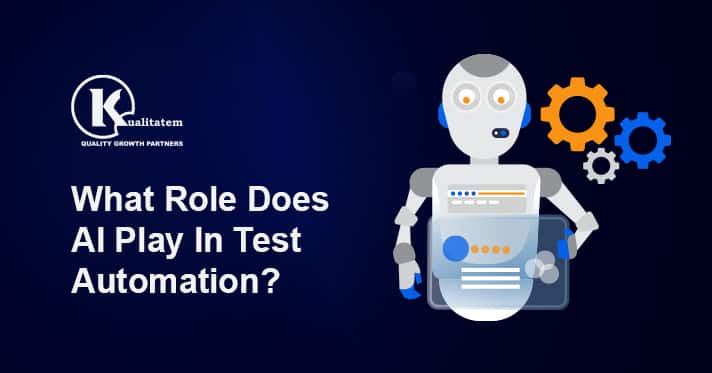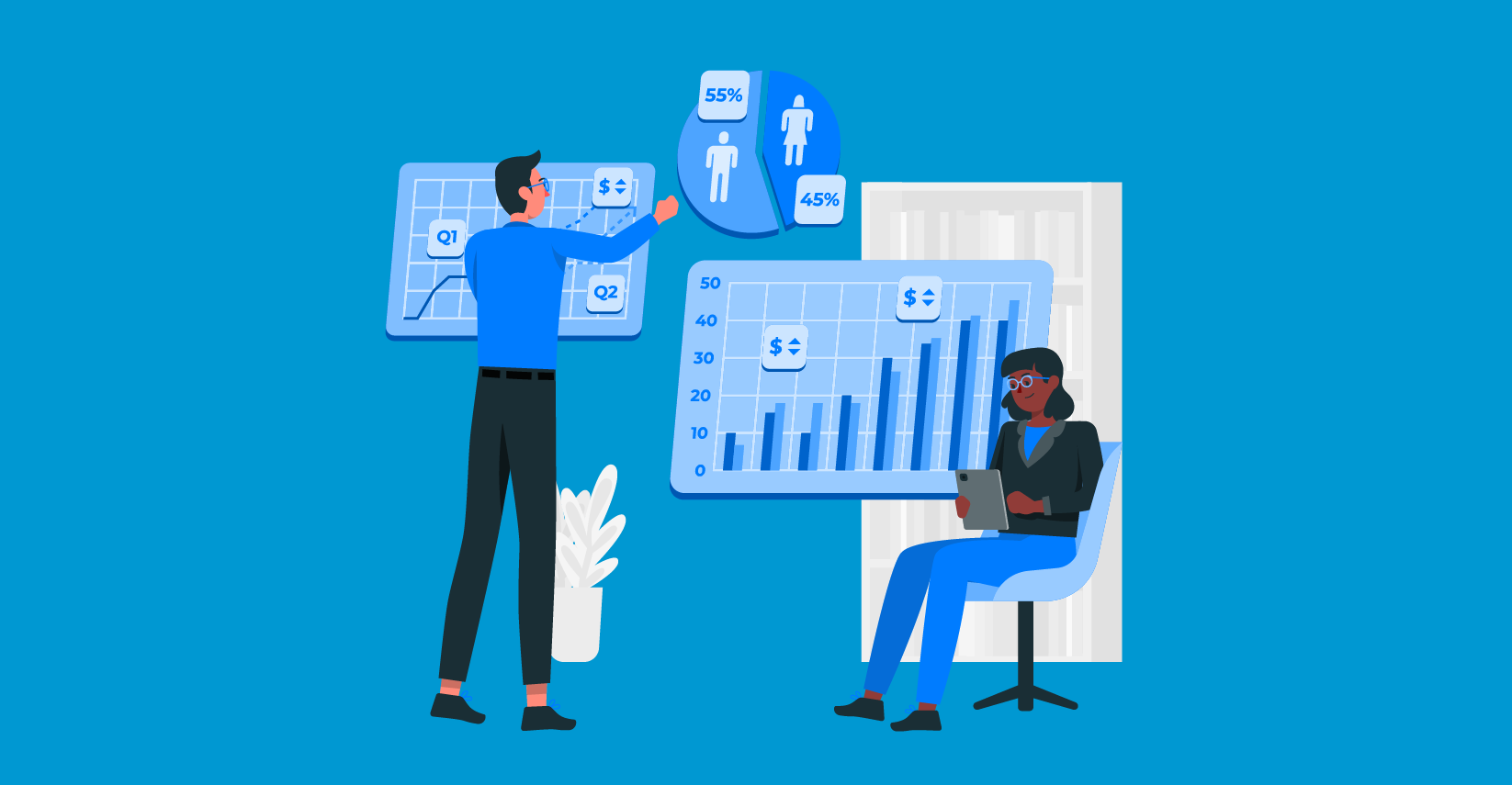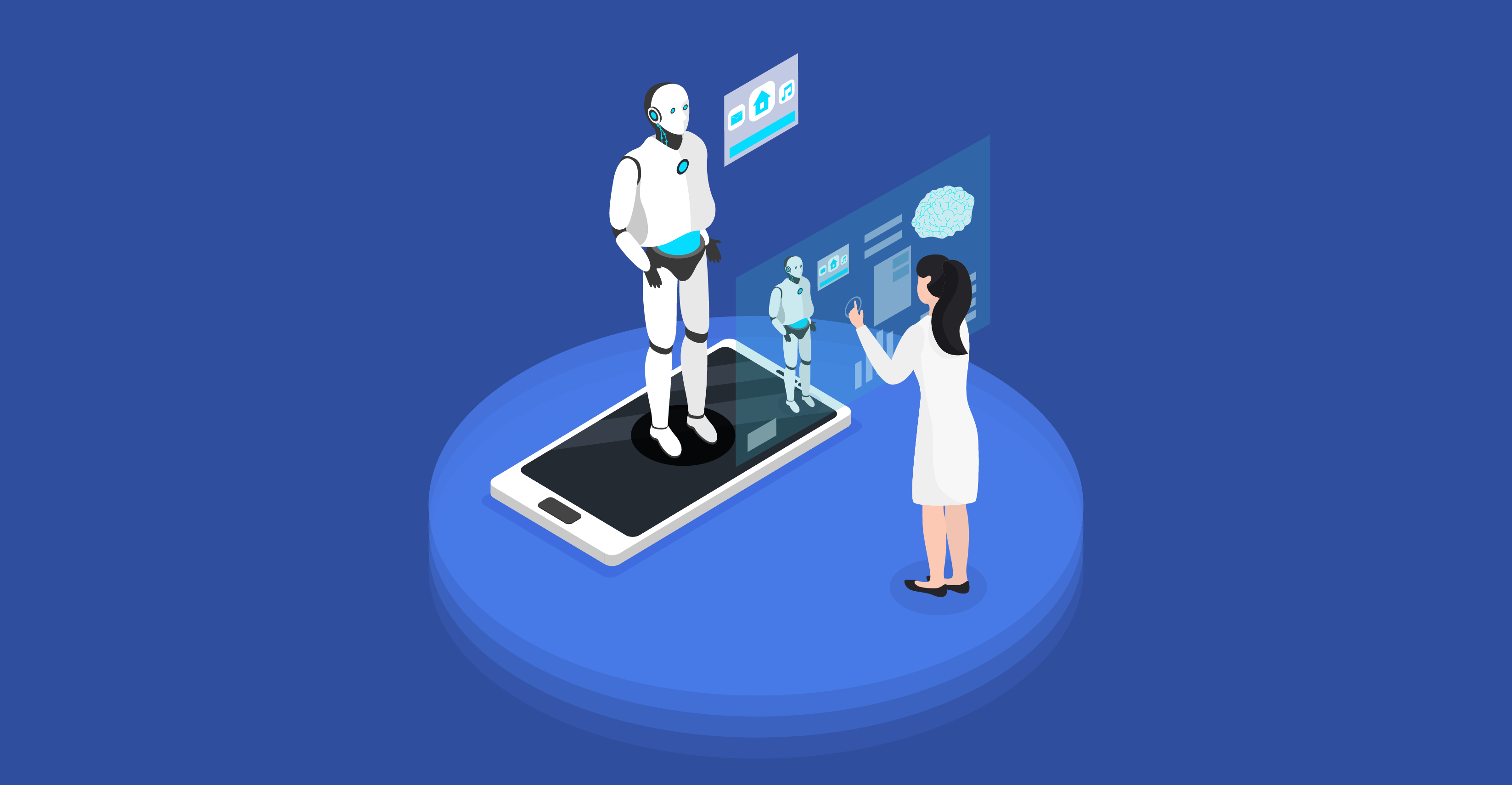What Role Does AI Play In Test Automation?

- June 6, 2020
- Maham Johnson
Over the passage of time, software testing has evolved a great deal. Manual testing has ruled the world of software development for a long time. However, the advent of test automation has gained popularity across all business verticals. Testing continues to evolve and it makes use of technological innovations. Artificial Intelligence (AI) is a technology that made a major contribution to automation. But it is important to find out how AI plays an important role in test automation.
What is Test Automation?
Test automation is used to automate repetitive tasks such as regression tests that are commonly used by testing teams. It involves using specialized tools to control test execution and the comparison of actual test results against expected results. Test automation enables QA teams to improve repetitive and mundane manual testing processes, where they spend their time and efforts to ensure that an application works as it is expected to. In manual testing, testers check log files and databases for errors and record their findings. Whereas, in the case of test automation they use tools to perform these tasks that reduce time spent on exploratory tests and increases the test coverage.
Test Automation Frameworks
- Keyword-driven frameworks
- Data-driven frameworks
- Modular automation frameworks
- Hybrid automation frameworks
Which Tasks can Test Automation Automate?
Testers use test automation testing tools to automate the following:
- Test data creation
- Regression tests
- Defect logging
- GUI interactions
The Significance of Test Automation
Since more and more organizations move towards Agile development, they perform software development in multiple iterations. QA managers use Continuous Development (CD) and Continuous Integration (CI) approaches in agile environments. It is only possible to truly achieve continuous deployment if organizations test their applications continuously. Thus, to keep pace with the development process, it is important to use test automation in agile environments.
Artificial Intelligence (AI) and Test Automation
As we know that AI has gained much popularity in various fields, its contribution to software testing is immense. Many argue that AI will replace human software testers, yet it is nowhere to be found true. AI performs repetitive and mundane testing tasks and free humans to use their critical thinking skills to improve software quality. Business executives and CIOs aim to utilize the full potential of AI to reduce the burden of repetitive tasks from manual testers and free them to focus on thinking out of the box on how to enhance software quality.
So with the help of AI and test automation, 100 tests can be scripted in 1/100th of the time that a single manual tester could. AI can do the heavy lifting of performing tasks like implementation, execution, and analysis of tests. Whereas software testers can work on other functions like test monitoring, recommendations, and providing feedback to the business stakeholders. AI has changed software testing entirely.
The Role of AI in Test Automation
AI goes way beyond the scope of simple automation as AI/ML (machine learning) algorithms use large databases. In this way, AI has enhanced test automation and we can see its role in automation in the below explained points:
AI-Powered Tools:
AI offers image-based visual validation that ensures that a user interface (UI) appears correctly to the users. UI elements include colors, position, size, etc. yet it is extremely difficult to automate this kind of testing using rule-based automation. Organizations mostly use manual testing for this purpose, but sometimes even manual testers fail at detecting discrepancies in these cases. ML-enabled tools help in automating these as ML can recognize patterns easily.
Test Case Creation:
AI/ML algorithms have the capability of reading an application and learning more about it. These algorithms form a data set that includes observations about an application including how its various features should behave under different conditions. It also helps them to automatically create test cases where they record the expected results. These tools use algorithms to create test cases that are far better than what rule-based automation can achieve.
API Testing:
API testing aims at revealing bugs, or deviations from the expected app behavior. ML algorithms provide testers with a variety of analytics, so they find it easier to automate API testing.
Running Relevant Tests:
There are a few important questions that may come to a tester’s mind with respect to automated test cases. If there is a small change in code, are testers supposed to run the entire set of automated test cases again? Is that required or testers should only run a small subset of the test cases? Well, with traditional test automation it is not possible to get a solution to this problem. With AI/ML algorithms and its analytical capabilities testers can find out the minimum set of test cases they should run to test a small change to the code. It improves their ability to run more relevant tests. Here, testers can use AI/ML to analyze the test coverage and broaden it.
Conclusion
Test automation is a great solution in agile methodologies as it facilitates faster product iterations. AI-powered test automation tools provide automation with the capabilities that simple rule-based automation cannot achieve. It is critical for organizations to embrace the innovative solutions that AI has introduced in the world of test automation. An automation testing company should fully explore the possibilities AI has to offer, combined with automation testing in general.











